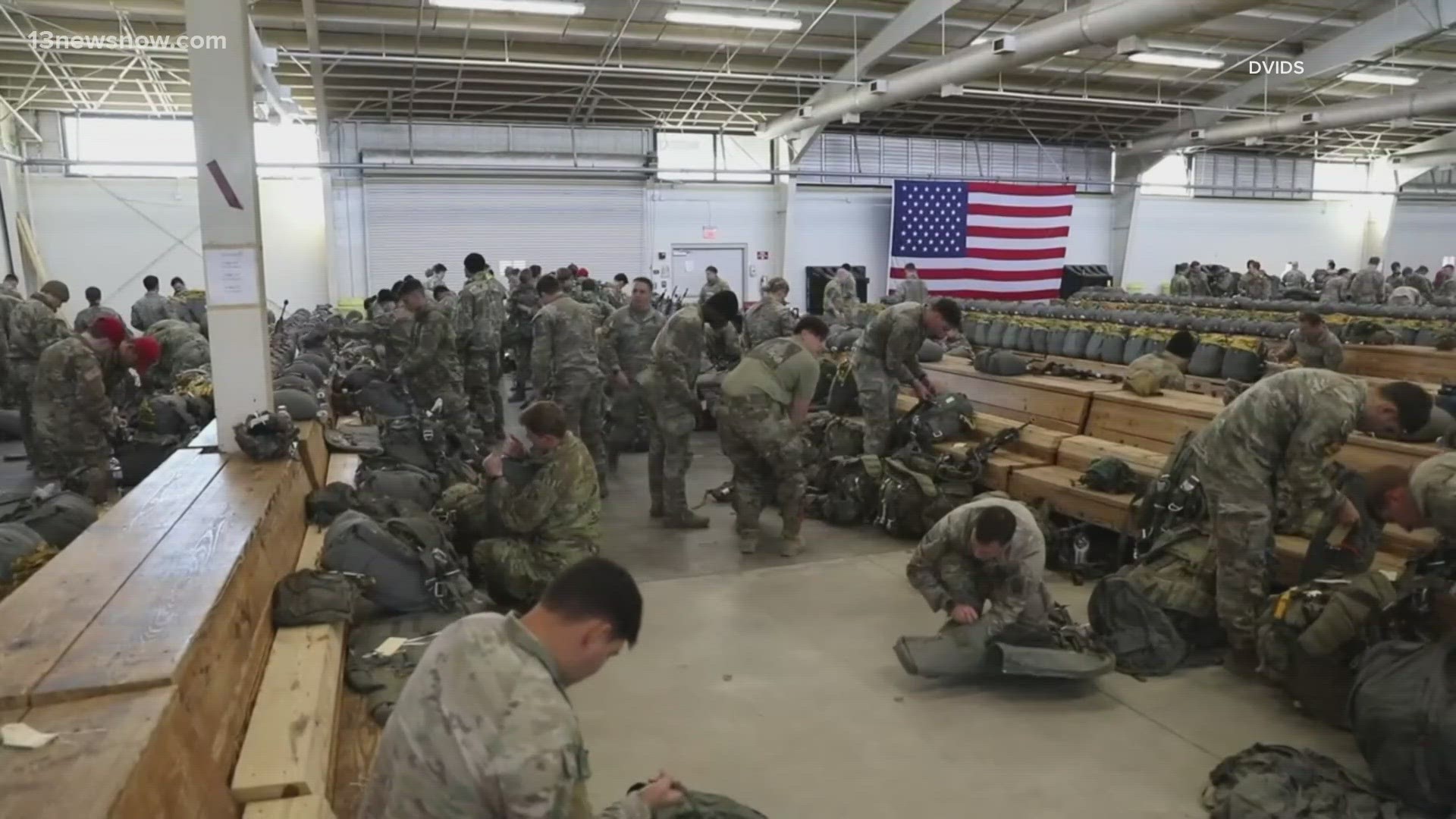WASHINGTON — It's been 13 years since the end of the Iraq war on December 15, 2011.
Yet around 2,500 U.S. troops remain there. And now there are new, conflicting signals on when or if the U.S. forces will fully withdraw.
On Thursday, Pentagon Deputy Press Secretary Sabina Singh announced that the two countries "in the coming days" will begin discussions as part of something called the "U.S.-Iraq Higher Military Commission" to plan how the existing security relationship between the two partner nations is expected to evolve going forward."
"There's no timeline set, and these meetings are not about negotiations or withdrawal from Iraq," she said.
Singh continued: "We want to make sure the threat we saw 10 years ago is not the same threat we face today, which is why we've entered into this HMC working group: to address what the future is, what the partnership, what the bilateral relationship looks like. This is about the future and making sure that Iraq is set up for success in defending its own national security and sovereignty and how the U.S. can support Iraq in doing that."
Singh went on to say: "The start of the HMC process reflects the evolving U.S.-Iraq bilateral relationship and it underscores our deep commitment to security cooperation to advance stability within Iraq and the region."
The announcement comes days after the U.S. carried out air strikes in Iraq, targeting facilities used by Iranian-backed militias in the country.
A spokesperson for Iraq's commander-in-chief said the strikes were "unacceptable," adding that the attacks damaged ongoing talks on the American presence in the country.

